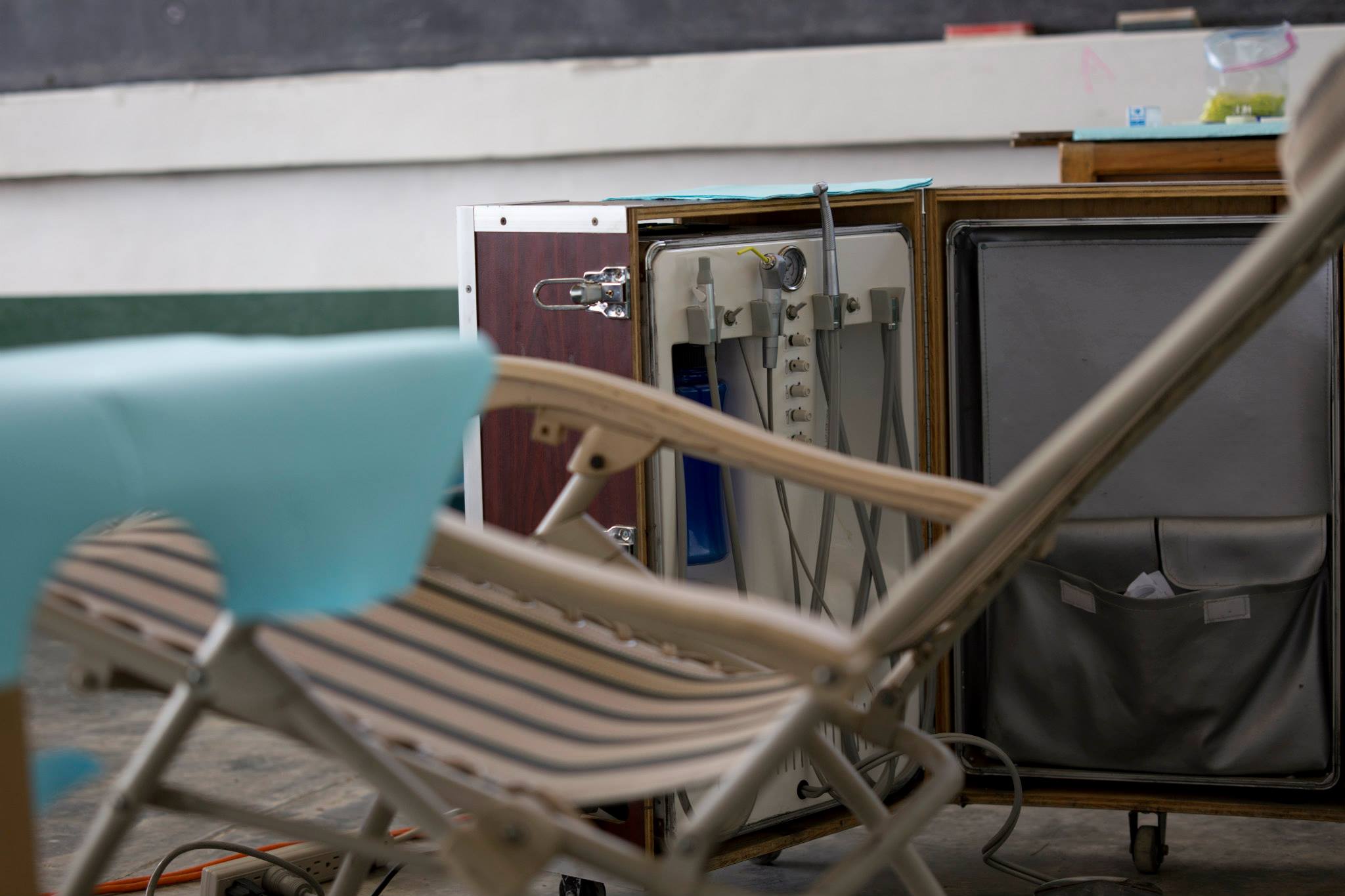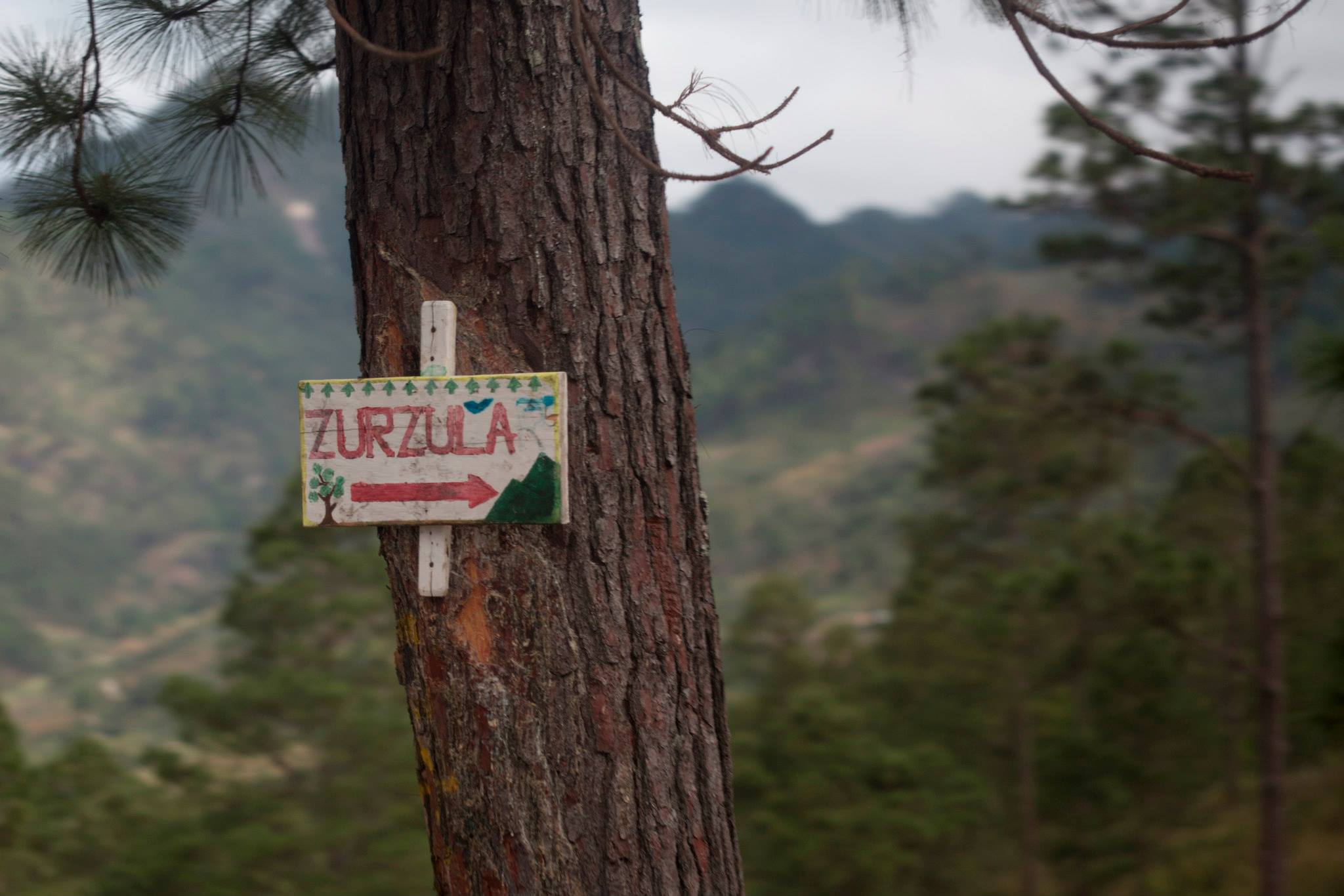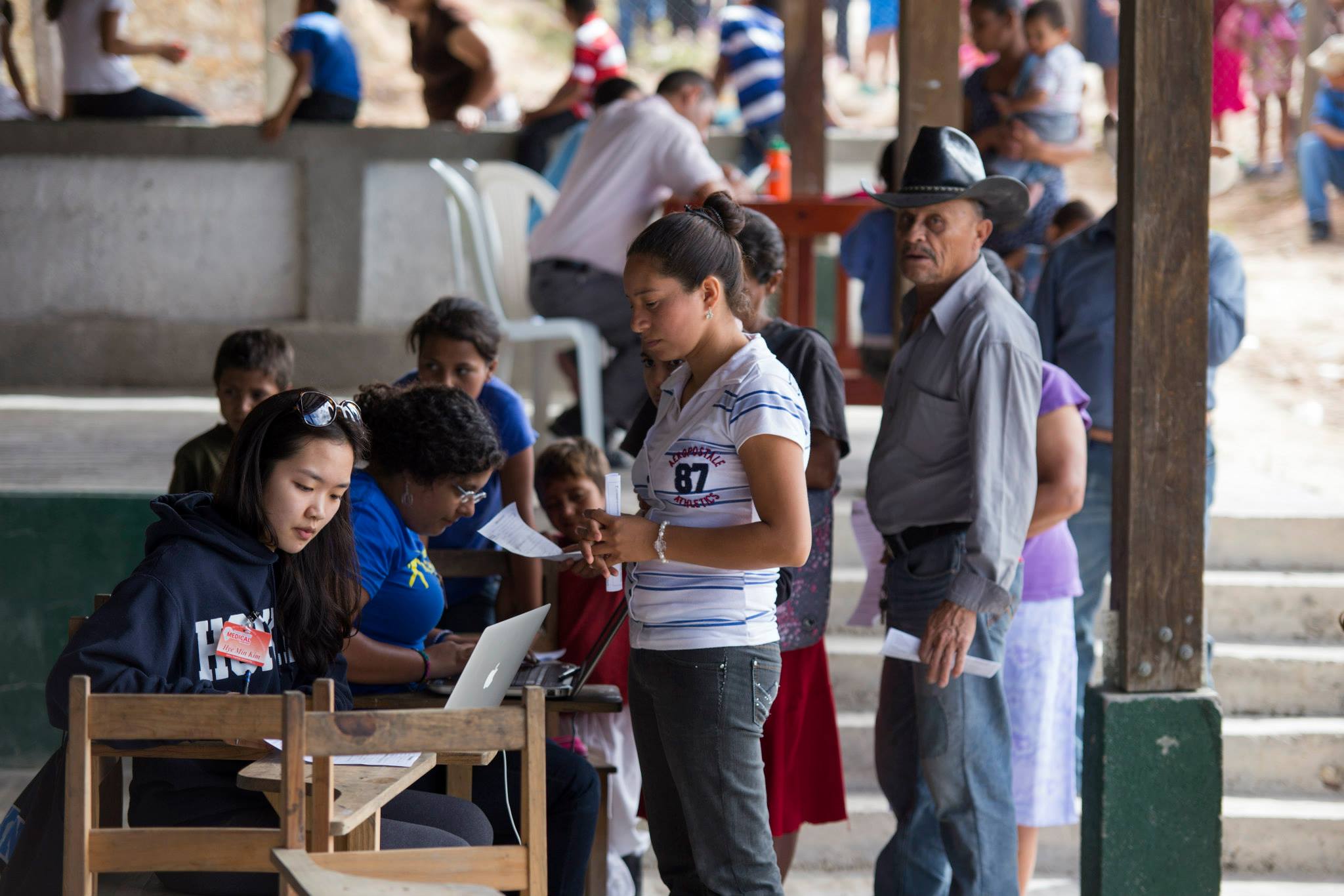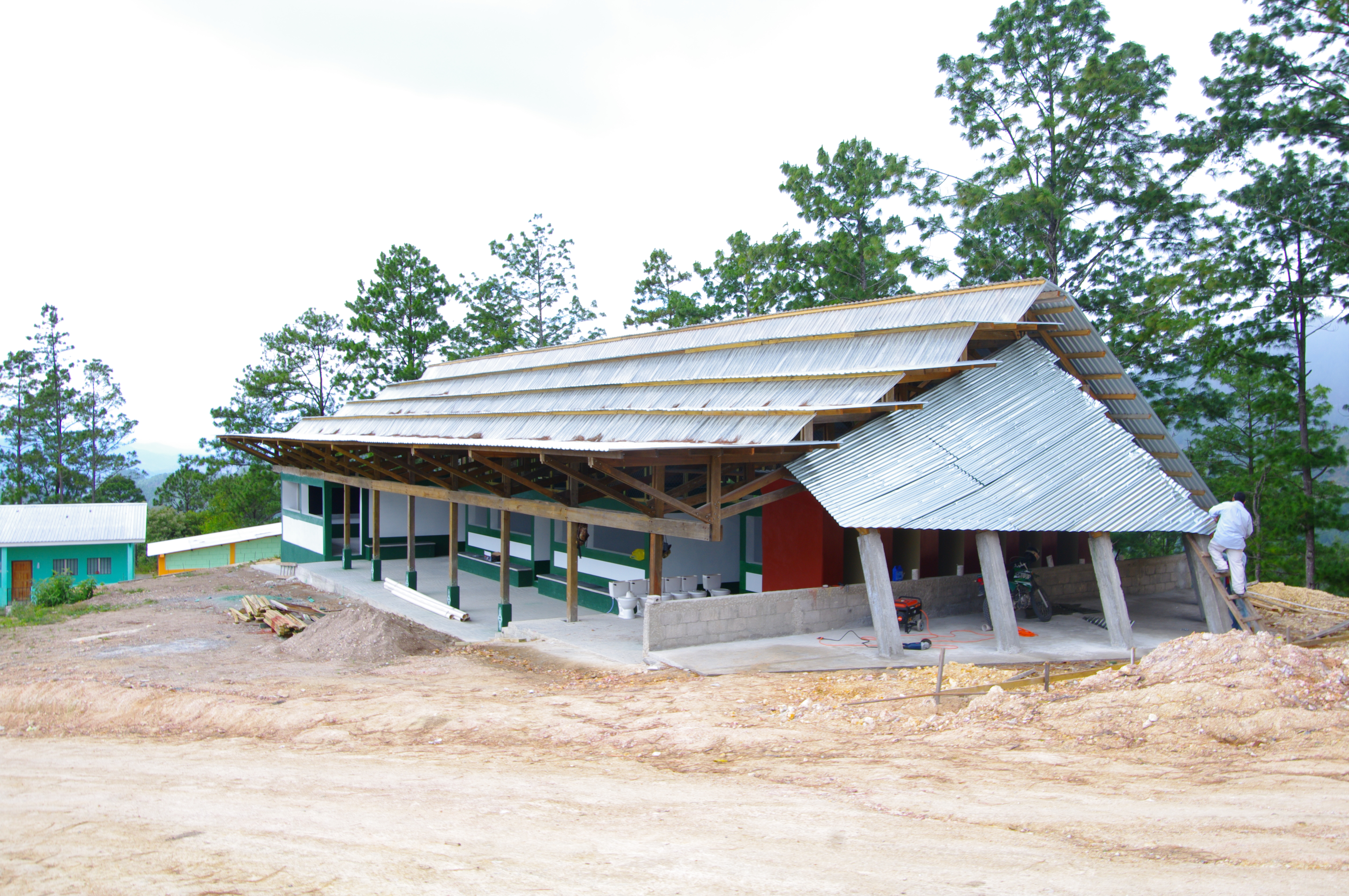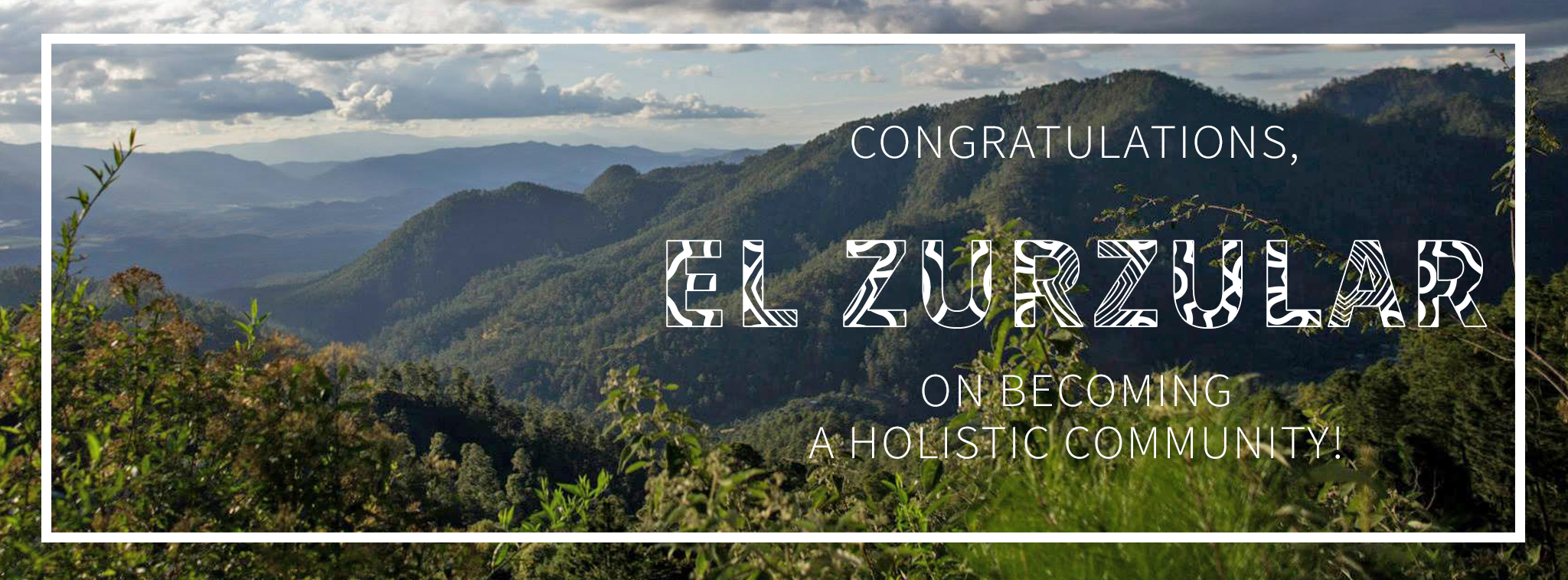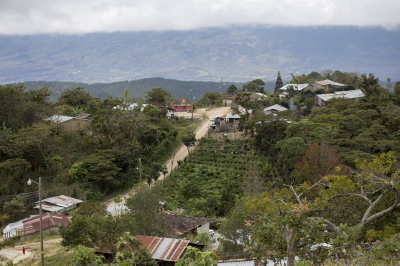El Zurzular, Honduras
![]()
![]()
![]()
![]()
![]()
![]()
 Click on Programs to learn more about their work in this community
Click on Programs to learn more about their work in this community
General Information
| Population* | 600 |
| Number of homes | 100 |
| Avg # of people per home | 6 |
| % of children |
0-5: approx. 8% 0-9: approx. 25% |
| Primary Occupations |
Agriculture - coffee, corn and beans |
| Water System | Yes - Gravity system |
| Community Bank |
Yes - Global Brigades trained |
| % of Homes with Latrines |
>90% |
| Electricity | Yes |
| Corresponding Health Center | CESAR-Zurzular |
| Common Illnesses |
Common cold, skin infections |
| School Access & Distance | 1st-6th grade in community, 5-10 minutes walking |
| Municipality | San Juan de Flores |
| Department | Francisco Morazán |
| GPS |
N 14° 15.762’ W 086° 52.227’ |
| Distance from compounds | 1 hour 30 minutes |
* Population does not reflect how many patients will be seen on medical
brigades as many people from surrounding communities come seeking
Medical Brigades medical attention.
Top Three Needs Expressed
El Zurzular and Global Brigades are proud to say that through holistic programming, the top health and economic needs of the community have been covered. El Zurzular also has proven strong leadership and capitalized funds in their community bank in order to address any needs that arise in the future.
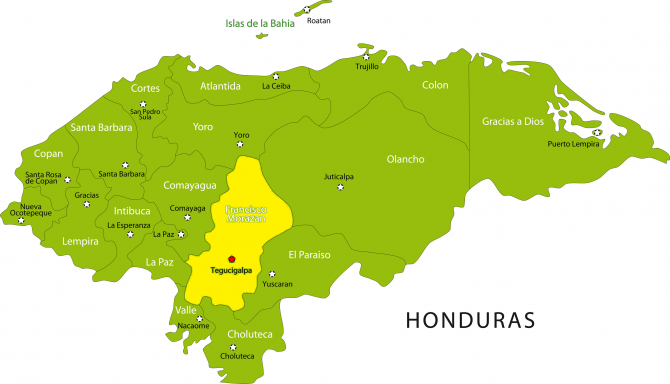
El Zurzular is a community located between the municipalities of San Juan de Flores and Morocelí. It is a fairly remote community located high in the mountains. There are about 10 smaller communities surrounding El Zurzular that are served by its school, health center, and brigades that come to the community.
El Zurzular’s educational system includes kindergarten and primary schools until 6th grade. There are about 120 students under the direction of Betsabe Yanalie Velasquez. It is approximated that about 60% of the community knows how to read and write. The school director commented that there are a several young people who graduated 6th grade but haven’t been able to master reading and writing, and would benefit from further education if it were possible.
El Zurzular has a water system that was constructed by Global Brigades in Fall 2009. Water arrives every day and it is being regularly chlorinated every 4 days. Almost 100% of homes in the community are connected to the system. There is a Water Council made up of 7 members, led by Don Antonio Medina.
El Zurzular has a health center in the community that used to be staffed only by a local nurse. Unfortunately, the nurse has since left the community and the government has not been able to provide a new one yet. There is a basic sanitation committee made up of 7 members that works in conjunction with the Community Health Workers. The CHW program was started by Global Brigades through our medical program in 2012 and continues to work towards overall community health and well-being today.
The most common illnesses seen by community members are respiratory infections, intestinal parasites, and malnutrition. Since the Public Health program worked in El Zurzular, more than 90% of homes have cement floors, latrines, water storage units, and eco-stoves. Not all homes have the projects because many of the inhabitants only use their homes for about 3 months out of the year, during coffee harvesting season and so did not need the projects.
The average family income per month is estimated to be 1600 Lempiras, which is approximately L320 (US $14) per person. The majority of homes are made of adobe. The main form of employment is agriculture on owned land, and the main products that are cultivated in the community are coffee, corn, and beans. Members of Zurzular have access to credit through BANADESA in San Juan de Flores for those who own land and seek agricultural loans. Currently, Zurzular has a microenterprise called APICAN that produces and sells honey.
A community bank has been formed by Global Brigades' Microfinance program. It is currently thriving, specifically with the microenterprise that has been created to sell coffee. The community has been able to purchase a large coffee roaster and other materials that help greatly in their coffee production in conjunction with the community bank.
Over 180 volunteers from several different universities and the Architecture Brigades in-country team constructed a secondary school in El Zurzular beginning in October 2010. Thanks to these successful brigades and a $20,000 donation from DePaul University and Dan Parillo and Family, the school was completed in January 2012.
To ensure that the school is maintained well, Global Brigades trained several community masons in the construction skills necessary for project upkeep. This enables them to continue serving their community after the final student brigades exited the community.
